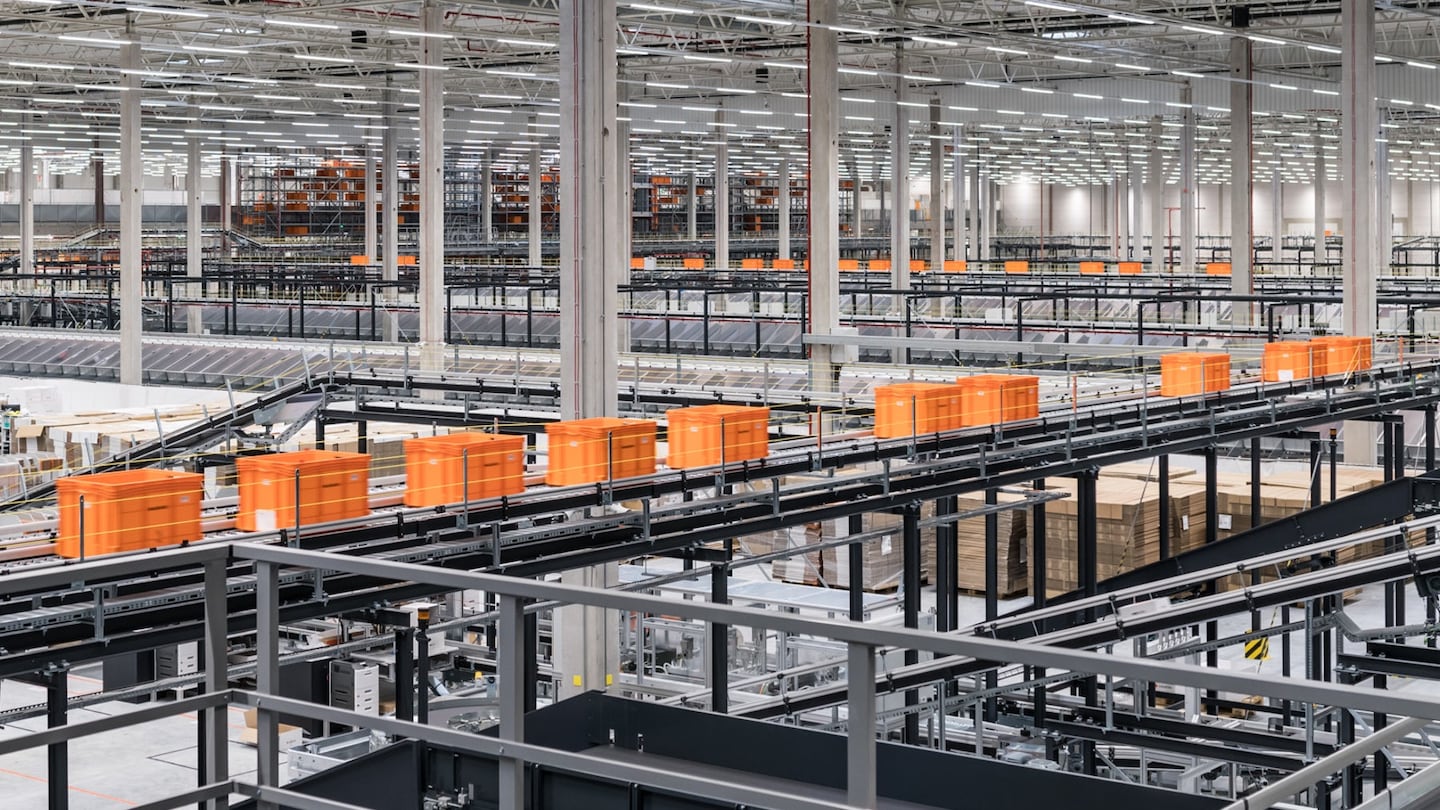
The Business of Fashion
Agenda-setting intelligence, analysis and advice for the global fashion community.

Agenda-setting intelligence, analysis and advice for the global fashion community.

BERLIN, Germany — German online fashion retailer Zalando said on Wednesday it was accelerating a push to help physical stores offer their stock online and said it was well prepared for a rise in coronavirus infections in the run-up to Christmas.
"As the second coronavirus wave is starting more forcefully than anticipated, we are much better prepared than earlier in the year," said finance chief David Schroeder, adding the firm had invested in Covid-19 tests and ventilation at warehouses.
Europe's biggest pure online fashion retailer said it would pay a €500 ($584) bonus to each of its 14,000 employees to reward their commitment during this busy time.
To help bricks-and-mortar retailers sell online, Zalando said it will waive commissions until the end of March, and invest €50 million in the programme to triple the number of stores that can sell across its platform in 2021.
ADVERTISEMENT
In Germany, where Zalando first moved to digitalise stock in offline stores, Schroeder said the "connected retail" programme already accounts for more than 6 percent of gross merchandise volume (GMV) — sales made on its site by itself or by its partners.
As Europe imposes new lockdowns to fight Covid-19, Schroeder told journalists that Zalando had not yet seen the same hit to demand as it saw during lockdowns in March, although there were some delays in delivery of stock to warehouses.
Zalando shares, which have risen 90 percent this year, were up 1.4 percent at 08.52 am GMT.
Zalando reported third-quarter adjusted operating profit of €118 million on sales up 22 percent to €1.8 billion, and confirmed the increased guidance it gave last month.
The average order size was up 2.4 percent to €57.2 as shoppers continued to return less than before the pandemic.
Last month, British rival ASOS reported a quadrupling of 2019-20 profit but said it was cautious on the outlook as rising unemployment hurts its young customer base.
By Emma Thomasson; editors: Michelle Adair and Louise Heavens.
Designer brands including Gucci and Anya Hindmarch have been left millions of pounds out of pocket and some customers will not get refunds after the online fashion site collapsed owing more than £210m last month.
Antitrust enforcers said Tapestry’s acquisition of Capri would raise prices on handbags and accessories in the affordable luxury sector, harming consumers.
As a push to maximise sales of its popular Samba model starts to weigh on its desirability, the German sportswear giant is betting on other retro sneaker styles to tap surging demand for the 1980s ‘Terrace’ look. But fashion cycles come and go, cautions Andrea Felsted.
The rental platform saw its stock soar last week after predicting it would hit a key profitability metric this year. A new marketing push and more robust inventory are the key to unlocking elusive growth, CEO Jenn Hyman tells BoF.